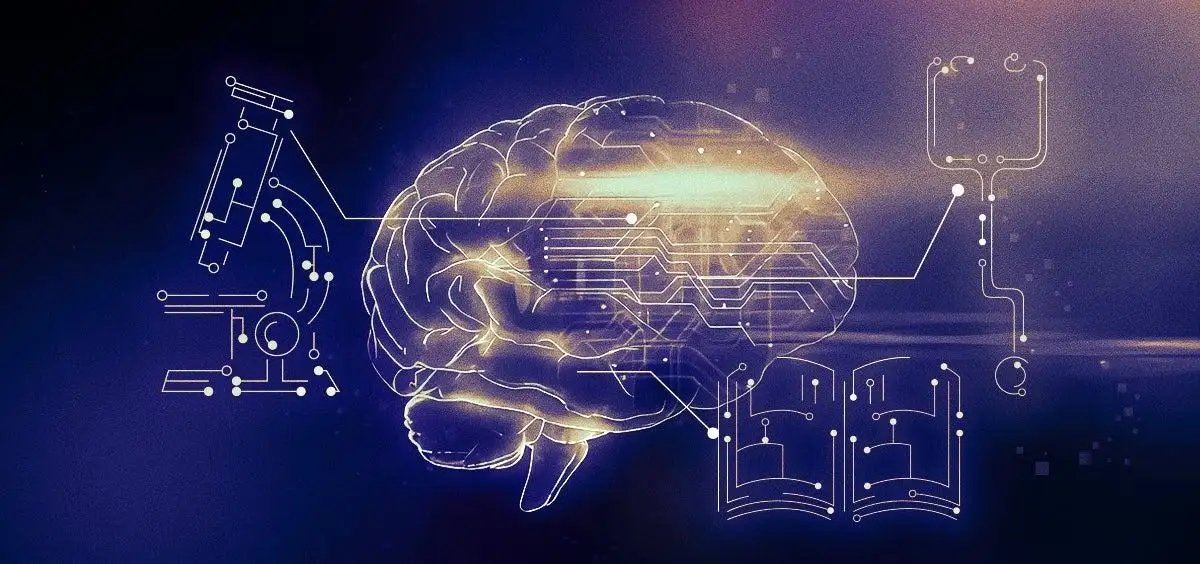
In recent years, the automotive industry has undergone revolutionary changes, and the driving force behind these changes is artificial intelligence (AI) technology. Autonomous vehicles, or self-driving cars, that operate without human intervention have become one of the most important technologies of the future. The role of AI in the automotive industry is not limited to driverless cars; it also deeply affects the production, design, and use of vehicles. In this article, we will discuss the development, current state, and future of autonomous vehicles in detail.
1. Development of Autonomous Vehicles
The concept of autonomous vehicles is not new. This idea emerged in the early 20th century alongside technological advancements. However, in recent years, the development of autonomous vehicles has accelerated due to AI, machine learning, sensor technologies, and real-time data processing capabilities.
Autonomous vehicles are divided into levels:
- Level 0: The vehicle is fully controlled by a human.
- Level 1: The vehicle can control some functions, such as speed (e.g., cruise control).
- Level 2: Several functions are combined, but human control is still required (e.g., steering and speed control).
- Level 3: The vehicle can operate autonomously in certain conditions, but human intervention may still be needed.
- Level 4: The vehicle can operate autonomously in most situations, but human intervention is required in some cases.
- Level 5: A fully autonomous vehicle that can drive without any human involvement.
Currently, global automakers and technology companies, including Tesla, Google (Waymo), GM (Cruise), and Uber, are working on developing Level 4 and Level 5 autonomous vehicles.
2. Key Technologies Behind AI in Autonomous Vehicles
Artificial intelligence plays a crucial role in autonomous vehicles because it enables cars to operate flexibly and safely. AI allows vehicles to "think" and react like humans. Some of the key technologies include:
- Sensors and Cameras: Lidar, radar, and cameras help autonomous vehicles gather information about their surroundings. This data is processed by AI systems in real-time.
- Machine Learning and Deep Learning: Machine learning algorithms allow vehicles to learn from various driving scenarios and apply this knowledge in real-time. AI can process millions of data points when making decisions.
- Global Positioning System (GPS): High-precision navigation is essential for autonomous vehicles. GPS accurately determines the vehicle's location, and AI uses this data to plan routes.
- Environmental Analysis: AI systems recognize objects around the vehicle (pedestrians, other vehicles, traffic lights) and predict their movements to make safe decisions.
3. Advantages of Autonomous Vehicles
Autonomous vehicles offer several significant advantages:
- Safety: Human errors (drowsiness, distraction, slow reaction) are the primary causes of accidents. AI-powered autonomous vehicles can minimize these mistakes, reducing the likelihood of accidents.
- Time and Efficiency: Autonomous vehicles can optimize route selection, reducing travel time and minimizing traffic congestion.
- Accessibility: Autonomous vehicles will provide greater accessibility for people with physical limitations, as no human control will be required to drive.
- Fuel Efficiency: AI systems can optimize fuel usage, reducing carbon footprints and positively impacting the environment.
4. Challenges and Risks of Autonomous Vehicles
However, autonomous vehicles face several challenges and risks that need to be addressed:
- Legal and Ethical Issues: Who will be held responsible in the event of an accident involving an autonomous vehicle? How will AI make ethical decisions in critical situations? These questions are still being debated and require regulatory action.
- Technical Difficulties: Despite advancements in AI and sensor technologies, these systems may still struggle to operate reliably in certain complex conditions (e.g., bad weather or poor lighting), raising safety concerns.
- Cybersecurity: Since autonomous vehicles are connected devices, they are vulnerable to cyberattacks. The risk of vehicles being hacked poses a serious threat.
5. Future Perspectives
There are still technical and social barriers to the widespread adoption of autonomous vehicles. However, automakers and tech companies are continually making progress in this area. It is predicted that Level 5 autonomous vehicles will become widely available by 2030. These technologies are expected to lead to fundamental changes in transportation systems.
- New Urban Planning Models: As autonomous vehicles become more widespread, urban design may change. The need for parking spaces will decrease, roads will be used more efficiently, and people will likely prefer autonomous services over personal transportation.
- New Business Models: Autonomous vehicles will create new business opportunities, such as driverless taxis and freight services, which will become more common.
Conclusion
The future of autonomous vehicles looks promising. The application of AI in this field will lead to revolutionary changes in transportation systems, making transport safer, more efficient, and more accessible. However, legal, ethical, and technical challenges need to be resolved before the full implementation of this technology. In the future, we may live in AI-driven cities, where autonomous vehicles are an integral part of daily life.









